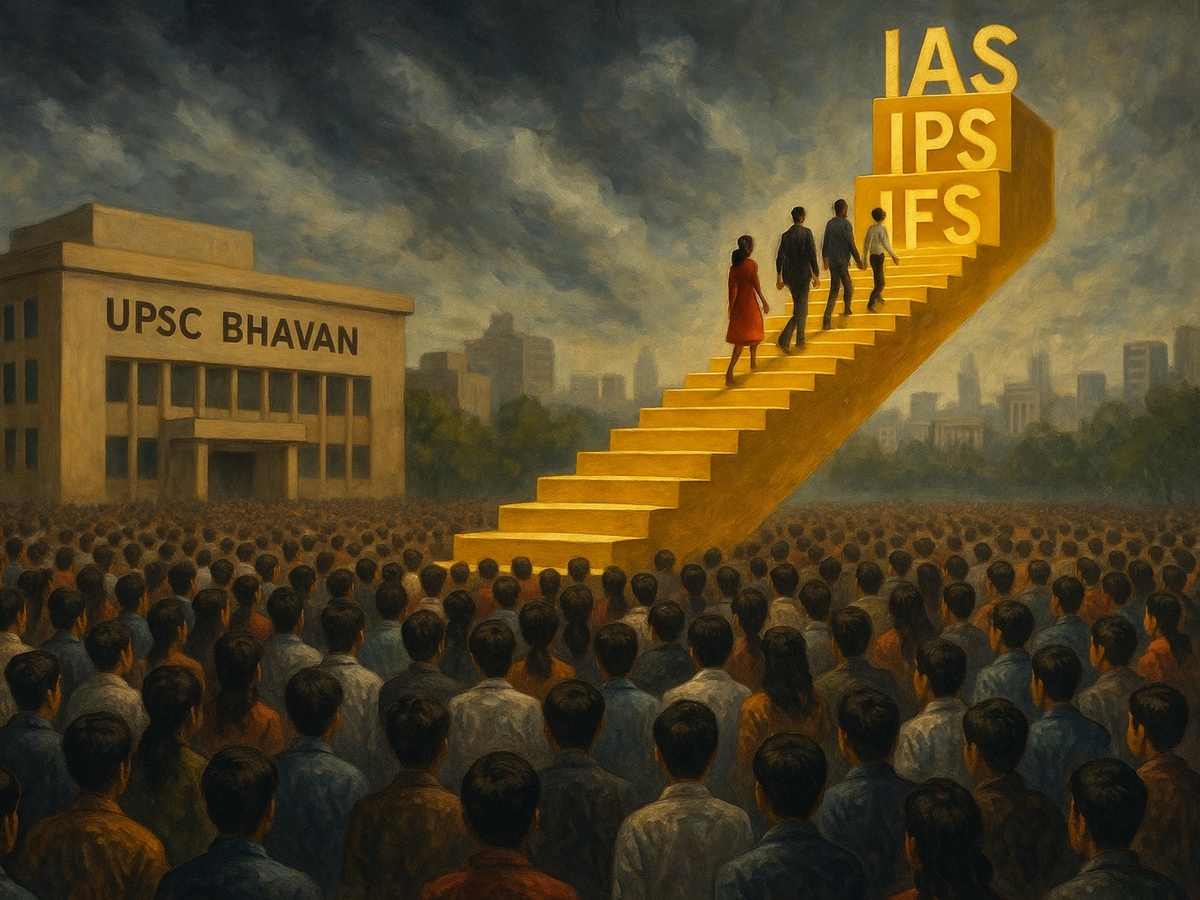Every year, millions of young aspirants dedicate their time and effort to preparing for the UPSC examinations, but the number of individuals who actually reach the coveted IAS position is remarkably low. The critical question that arises is: what rank is necessary to become an IAS officer?
Understanding UPSC and its Significance
The Union Public Service Commission (UPSC) conducts one of the most challenging examinations in India, aimed at recruiting candidates for various civil services including the Indian Administrative Service (IAS), Indian Police Service (IPS), and Indian Foreign Service (IFS). The UPSC exam is known for its rigorous selection process, which includes preliminary exams, mains exams, and interviews.
The Selection Process for IAS
The selection process for IAS officers is divided into three stages:
- Preliminary Examination: This is an objective type examination consisting of two papers that screen candidates for the mains examination.
- Mains Examination: This stage consists of nine written papers, including General Studies, Essay, and Optional Subjects, which assess candidates’ knowledge and aptitude.
- Personality Test/Interview: Successful candidates from the mains examination are called for an interview to evaluate their personality, clarity of thought, and decision-making abilities.
Required Ranks for IAS Candidates
The required rank to secure an IAS position varies each year based on several factors such as the number of vacancies, the difficulty level of the exam, and the performance of other candidates. Typically, candidates aiming for IAS should strive to rank within the top 100 of the overall list.
Previous Year’s Cut-Off Trends
Understanding historical cut-off trends can help candidates gauge the rank needed for IAS. Below is a table illustrating cut-off marks from recent years:
| Year | General Category Cut-off | OBC Cut-off | SC Cut-off | ST Cut-off |
|---|---|---|---|---|
| 2022 | 780 | 748 | 725 | 710 |
| 2021 | 790 | 745 | 713 | 695 |
| 2020 | 749 | 719 | 704 | 676 |
Factors Influencing IAS Ranks
Several factors influence the rank required for IAS, including:
- Number of Vacancies: A higher number of vacancies generally means a slightly lower rank requirement for candidates.
- Exam Difficulty: The level of difficulty of the UPSC examination can impact the overall performance and, consequently, the rank cut-off.
- Caste Category Reservations: The reservation system in India allows for different cut-offs for various categories, which should be considered by candidates during their preparation.
Conclusion
Becoming an IAS officer is a monumental achievement that requires dedication, hard work, and strategic preparation. While the journey may be arduous, understanding the rank required for IAS and analyzing previous trends can significantly enhance a candidate’s chances of success. With focused effort and the right guidance, aspiring candidates can position themselves favorably in this competitive landscape.

